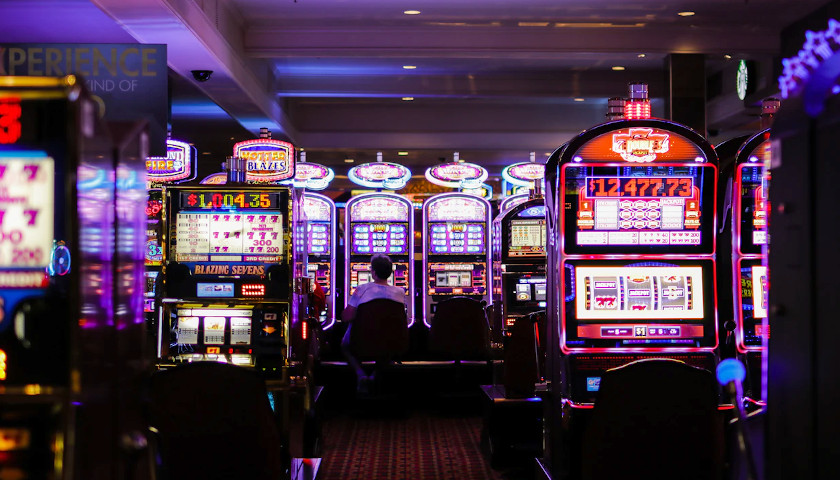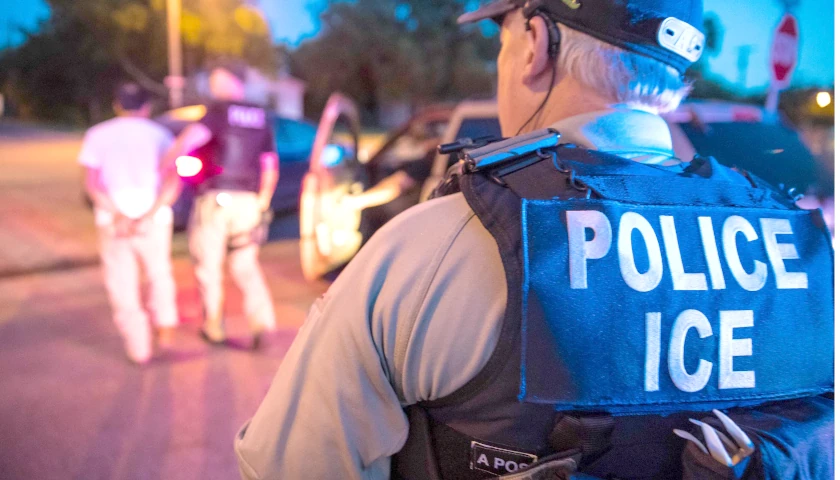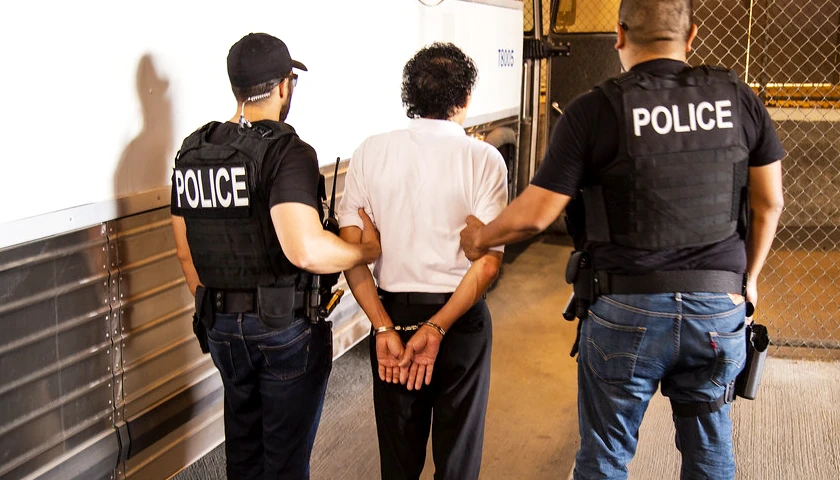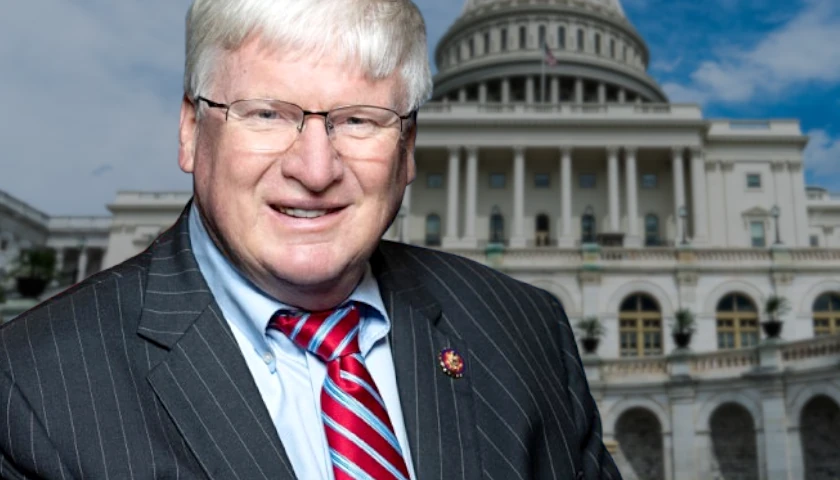Four cities have voted to bring casinos to Virginia for the first time, according to unofficial results reported on The Virginia Public Access Project (VPAP). For three of the four cities, result counts are complete, but Norfolk City is only reporting 93.9 percent of its votes, with over 42,611 of those votes in favor of the initiative versus 22,822 against.
Supporting the referenda, local officials touted new jobs, increased tax revenue, and more tourism opportunities.
Speaking on behalf of Danville, City Manager Ken Larking told The Virginia Star, “We have estimated that by year three of operation, the Caesars resort will produce $38 million in new revenue to the City. This is in addition to the $15 million upfront payment that we will collect in 30 days and the $5 million we will collect as payment for the property where the resort will be located.”
The Bristol City, Danville City, Norfolk City, and Portsmouth City casinos will be operated by, respectively, Hard Rock International, Caesars Entertainment, the Pamunkey Indian tribe, and Rush Street Gaming.
“We look forward to fulfilling the trust the voters have placed in us by bringing 1,300 good-paying jobs, tourism dollars and economic development to the city, and we are incredibly excited to begin construction,” Caesars Entertainment CEO Tom Reeg said. The results of the Danville referendum also led to the cancellation of plans for a Rosie’s Gaming Emporium off-track betting location in the area, according to The Danville Register and Bee.
In a press release, Pamunkey Indian Tribe Chief Robert Gray said, “We are moved beyond words by the tremendous display of support we’ve received from the Norfolk community.”
In the release, the tribe set a goal to hire 90 percent of the employees from Norfolk and surrounding areas, and 50 percent of the employees would be minorities.
In October, Bristol Mayor Bill Hartley told The Virginia Star that Hard Rock hasn’t asked for anything from the city or residents — no tax breaks or city spending.
“It’s a great boon for our city, and in the process [the developers] are not asking for anything from the locality or the state other than the voters to approve the change in the law,” he said. “I think a lot of people see that.”
Local churches in Bristol attracted attention for billboards opposing the casino. “No wealth is produced by a casino. It is redistributing of wealth from one man’s hand into another’s hand,” Fellowship Chapel pastor Scott Price told The Bristol Herald Courier.
“It’s pretty much a Goliath versus David battle in that the proponents certainly have multiple resources from which to draw, and they’re using those to get their message out,” Price added.
The Virginia referenda were part of a national trend on election night. Nebraska authorized adding casino games at its horse racing tracks, and Colorado expanded the number and type of casino games it can offer, along with eliminating some wagering limits. Maryland, South Dakota and Louisiana approved sports betting.
Virginia casinos were legalized by the General Assembly earlier in 2020. The Virginia General Assembly also legalized mobile sports betting earlier this year. That sets up a situation in which by the end of next year more than half the country could have legal sports betting, less than three years after a U.S. Supreme Court ruling cleared the way for all 50 states to adopt it if they chose.
“It appears that Americans are becoming increasingly comfortable with legalized gambling,” said David Schwartz, a gambling historian with the University of Nevada Las Vegas. “The addition of casinos in Virginia and racetrack casinos in Nebraska indicates that casino-style gambling is on the upswing as well. We have reached a point where voters seem satisfied that legalizing gambling will offer positive returns for their state.”
– – –
Eric Burk is a reporter at The Virginia Star and the Star News Digital Network. Email tips to [email protected]. The Associated Press contributed to this report.




